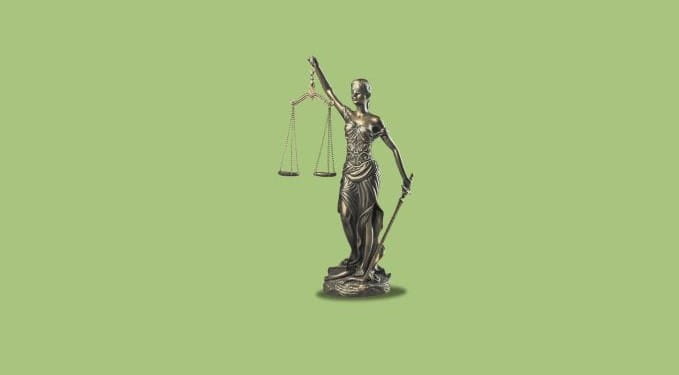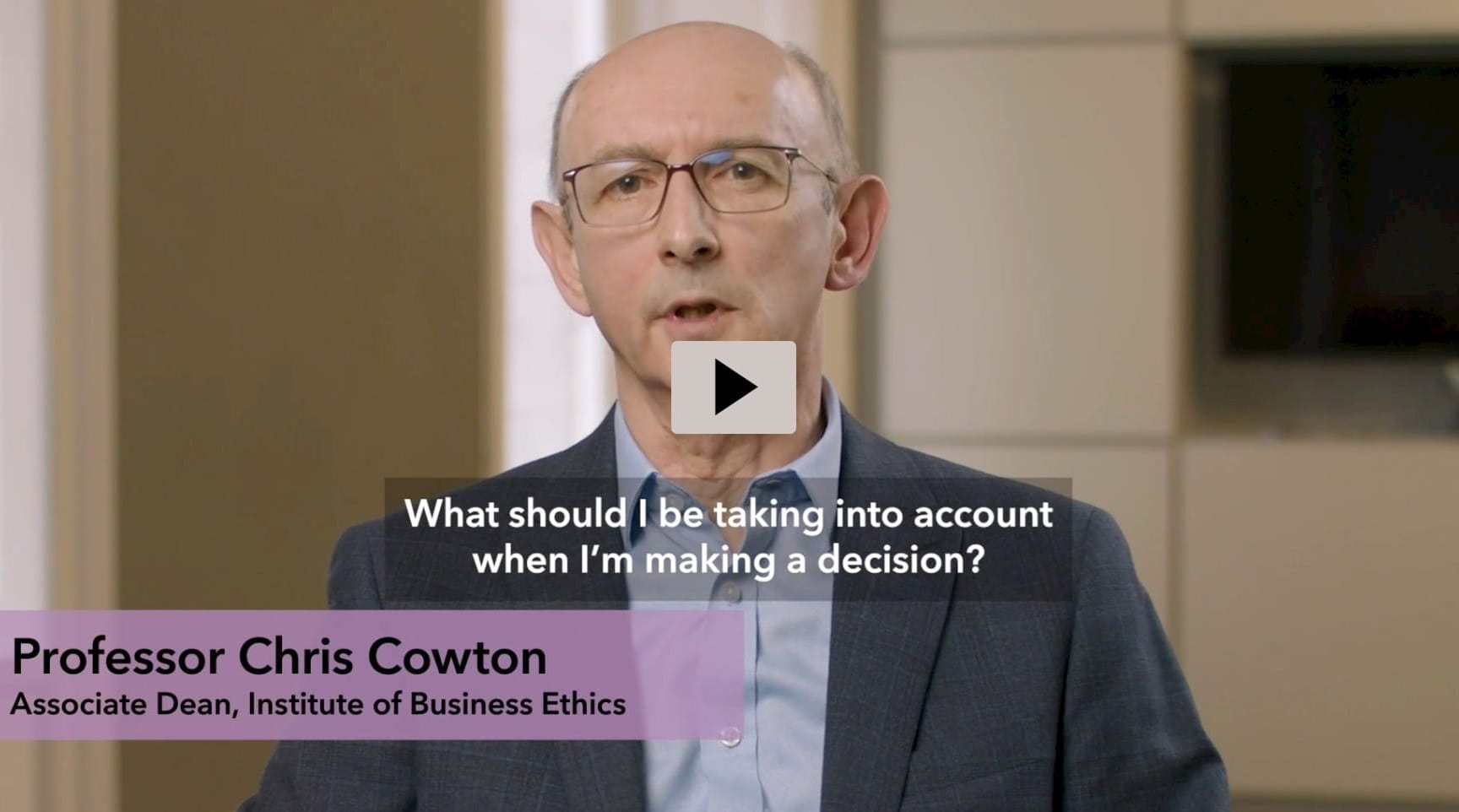With a background in enterprise, engineering, chartered accountancy and, most recently, diversity and inclusion (D&I), Griselda Togobo has viewed ethics from multiple angles. She believes that ethical decision making comes down to fundamentals. “It means that you are driven to have the best of intentions for all parties, encompassing people, planet and profit. It’s a holistic way of doing things.”
Togobo, a globally recognised expert in talent and inclusive leadership development, recommends a code of ethics and conduct as a central part of an effective framework for putting a company on the right footing. While that code should reside on the company’s website, leaders must ensure that it doesn’t just languish there. “It must be a living document, adjusted in line with the growth and evolution of the business. That will ensure it is relevant enough for employees to refer to every day.”
The language people use also tells you a lot about what the organisation stands for, Togobo notes. “You get a clear sense of its values. Making them a part of everyday conversation will encourage staff to call out unethical behaviour and report misconduct, and assure them that action will be taken. If they feel their concerns won’t lead anywhere, that can be very demoralising.”
A third pillar of the framework is leadership and accountability. “Employees mirror the behaviour of their leaders,” Togobo says. “So, for any framework to function, leaders must hold not just others to account, but themselves, too. There shouldn’t be a ‘one rule for us and another rule for everyone else’ situation.”
Testing integrity
As copious media coverage has shown, ethical values are the first casualties when bad-faith organisations seek to out-compete their rivals. But in Togobo’s assessment, maintaining high standards is one of the most effective ways to stand out in a crowd. “We must value and take pride in our reputations and we must see ethical conduct as an opportunity to differentiate ourselves.”
For Togobo, leadership by example is the primary tool for ingraining an organisation with an ethical culture – and the wellspring of the positive language that tells outsiders that such a culture is thriving. “As a consultant, I have been into many companies where 90% of the employees are unaware of the business’s values, or where it’s heading, and ethics are not part of staff appraisals. But people are driven by structures and processes. So, it is vital for leaders to take ethics into account when building the foundations of those structures and processes.”
On a related note, testing the integrity of key business functions is of great importance. “I often find that company systems designed around D&I, retention and reward have in-built biases, which have clear, ethical implications. So, we must interrogate the systems we use to make sure they are fit for the direction our companies want to take.”
Amid the checks and balances that flow from senior figures, companies must not overlook the significant, cultural influence of middle management. “They need to have access to training that will teach them how the company does business and what will happen if they introduce inappropriate behaviours.”
It’s all about how we communicate personal responsibility, she explains. “Every leader casts a shadow.”
If the senior team sets a positive tone at the top, that will trickle down to middle management. Likewise, a ‘shadow’ characterised by a blasé attitude to ethics will spread that message throughout the organisation.
Custodians of values
Another key factor behind ethical lapses is how people are incentivised. “The metrics we use to reward people are important because behaviours will change according to how we choose to reward. If everyone goes rogue and that meets with approval, it’s more likely that you will go rogue, too.”
In that context, Togobo sees accountants as a powerful foil for groupthink. However, she is displeased by the extent to which recent corporate collapses have reflected poorly upon the auditing profession. “Auditors are paid a great deal of money to come in, introduce appropriate checks and balances and provide valuable oversight. When corporate crises happen on their watch, that’s an ethical failing within the profession itself.”
Numbers always tell a story, so accountants can see the direction of travel long before anyone else, Togobo explains. If something smells fishy, it probably is. That’s where it becomes crucial to have your colleagues’ support to speak up. If an anomaly isn’t tackled and people just let it slide, it soon becomes normalised. “In that sense, accountants are the first line of defence before the auditors turn up. And in the realms of compliance and internal controls, there’s so much more they can do beyond the numbers.”
Define your framework
On the question of how organisations should nurture an effective speak-up culture, Togobo is clear: whistleblowers must be neither scapegoated nor penalised. All too often, people are thrown under the bus when they speak up, she explains. Once that happens, employees’ instincts will rush towards self-preservation. “Organisations can retaliate quite severely when presented with information they don’t want to hear. That impulse must be nipped in the bud. People who want to speak up need security and privacy. A dedicated ethics committee can make appropriate arrangements for staff who want to raise concerns.”
In Togobo’s view, setting a good example to the wider profession hinges on deciding what type of accountant and person you want to be, which entails defining your own values and developing a personal ethical framework.
“We are CEOs of our own lives,” she says. “Once we have our own framework in place, it will determine which clients we choose to work with, which organisations we seek employment from and which charities we support.”
It’s a thread that weaves through every part of our personal decision making, she says. In situations where you are dealing with people or organisations who are not aligned with your personal compass, you know.
“Working with companies that have a relaxed approach to ethics may bring you more money in the short term, but will lead to trouble later on. Putting time into making a good choice may take longer, but will lead to an outcome you are proud to stand by.”
Global Ethics Day
Global Ethics Day 2024 focused on using the power of ethics to build a better world. ICAEW examined the vital role ethics must play in the use of technology in accountancy.




